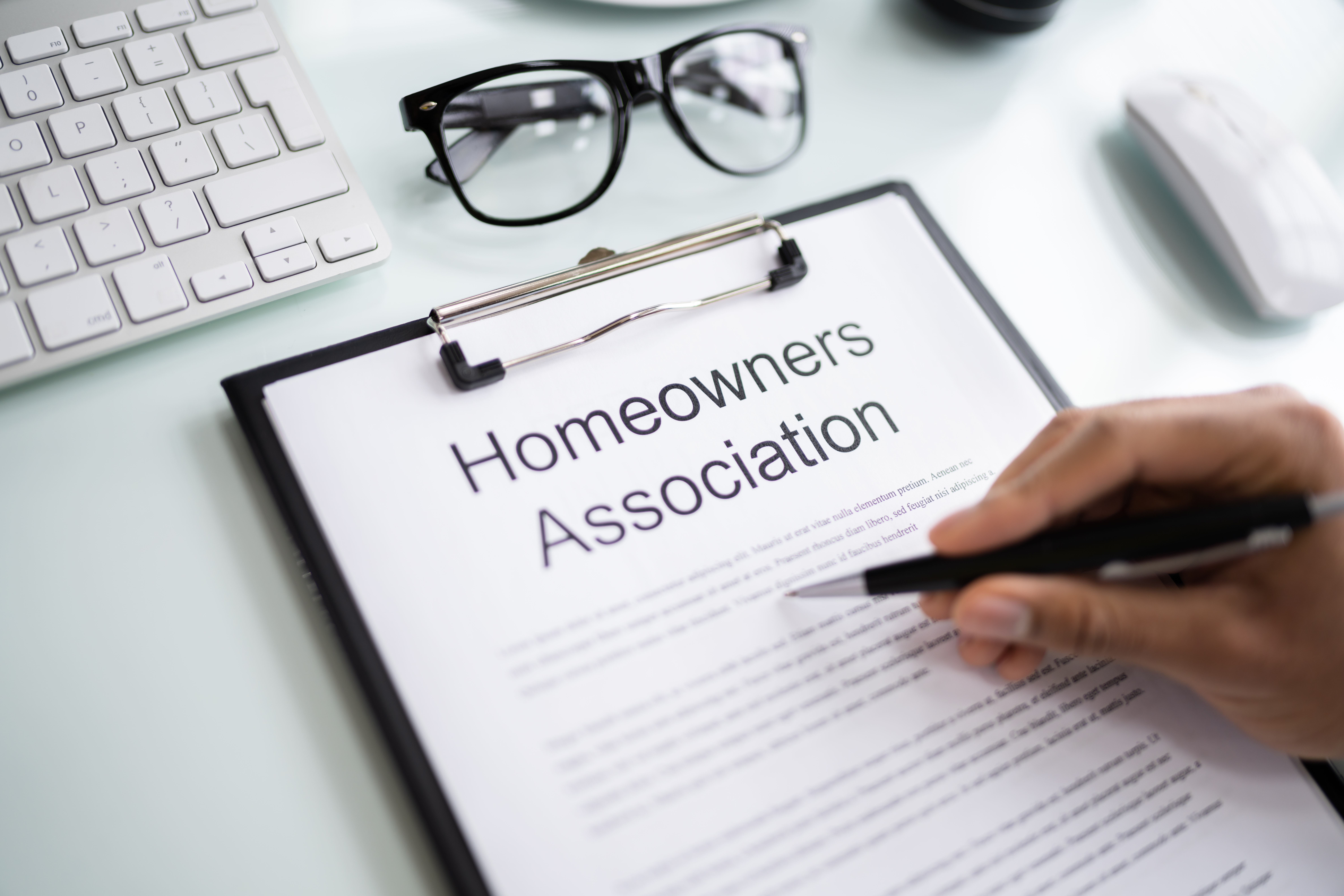HOA Rules Contain Alarming Language
Q: The homeowners association (HOA) of our complex added language to the association’s rules and regulations that I believe is alarming and invalid. I read your column every week and wanted to get your take.
Our HOA has around 70 units. A section of the new rules was adopted without discussion and without consultation with the unit owners. The new rules state that each unit owner is responsible for the actions of their:
- Children
- Guests
- Tenants and their pets, guests, contractors and children
- Own pets
HOA Rules and Regulations: How do we change them?
It also requires the unit owners to hold the association harmless for the actions of those children, guests, tenants, pets, and contractors. Users use common elements at their own risk and responsibility. The association cannot be held liable for damages.
My concern is that if something happens, the unharmed person can’t do anything in this situation. That is not reasonable. If a unit owner’s dog bites someone, the dog owner should not be off the hook. I brought these issues to the HOA but was ignored.
Understanding HOA Rules on Home Exchanges and Rentals
A: Based on your question, we suspect you might be misinterpreting the rules. It appears the association’s rules state that the association won’t be held liable for injuries that may happen in and around the building.
In your example, if a unit owner’s dog bites another unit owner, the rules state that the association is not responsible for that injury. The owner that received the bite can sue the dog owner (or do whatever they want to do.) The rule states that person can’t sue the association for that bite.
The injured person can still sue the dog owner. The rule simply tries to keep the association out of disputes that owners, tenants, guests or others might get into when they come to the building or come onto association property. We doubt that the association can shield itself from liability if it does something intentionally wrong. And, we doubt the association can shield its owners from wrongdoing as well.
What Happens When HOA Rules Aren’t Enforced?
Is it possible you’re reading too much into the new rules? And, by the way, you and your other co-owners in the building voted in the board of directors for the HOA. You’ve given these people broad authority to care and manage the HOA. Included in those responsibilities is their right to pass reasonable rules and regulations.
If you want to limit the HOA board’s power, start by looking at the property’s governing documents. Find the section that talks about the limits of the HOA’s board’s powers. It should describe what they can and can’t do, when they must send notice to all owners, when they pass new rules or change the old rules. Do the governing documents place other limits on the board? Check it out.
HOA Smoking Rules
Many governing documents for HOAs will allow the board to pass rules and regulations. Frequently, the governing documents (or even state regulations) will require the board to circulate drafts of the proposed rules well ahead of time. The HOA board is usually required to provide the owners time to review those rules before the meeting in which the board will vote on the new rule.
Read your governing documents. Is the board required to circulate the proposed rules ahead of time? If it did not, the new rules may not be valid. Having said that, make sure you understand the process the board used to pass the rules. And whether the board complied with the requirements of the governing documents and any state regulations that might apply to your association.
Why Do HOAs Have So Much Power?
If you need more information , consult with an attorney who deals often with community associations. Thanks for reading our weekly column.
Sign up for Ilyce’s FREE Newsletter: Love, Money + Real Estate
©2024 by Ilyce Glink and Samuel J. Tamkin. C1631







Leave A Comment